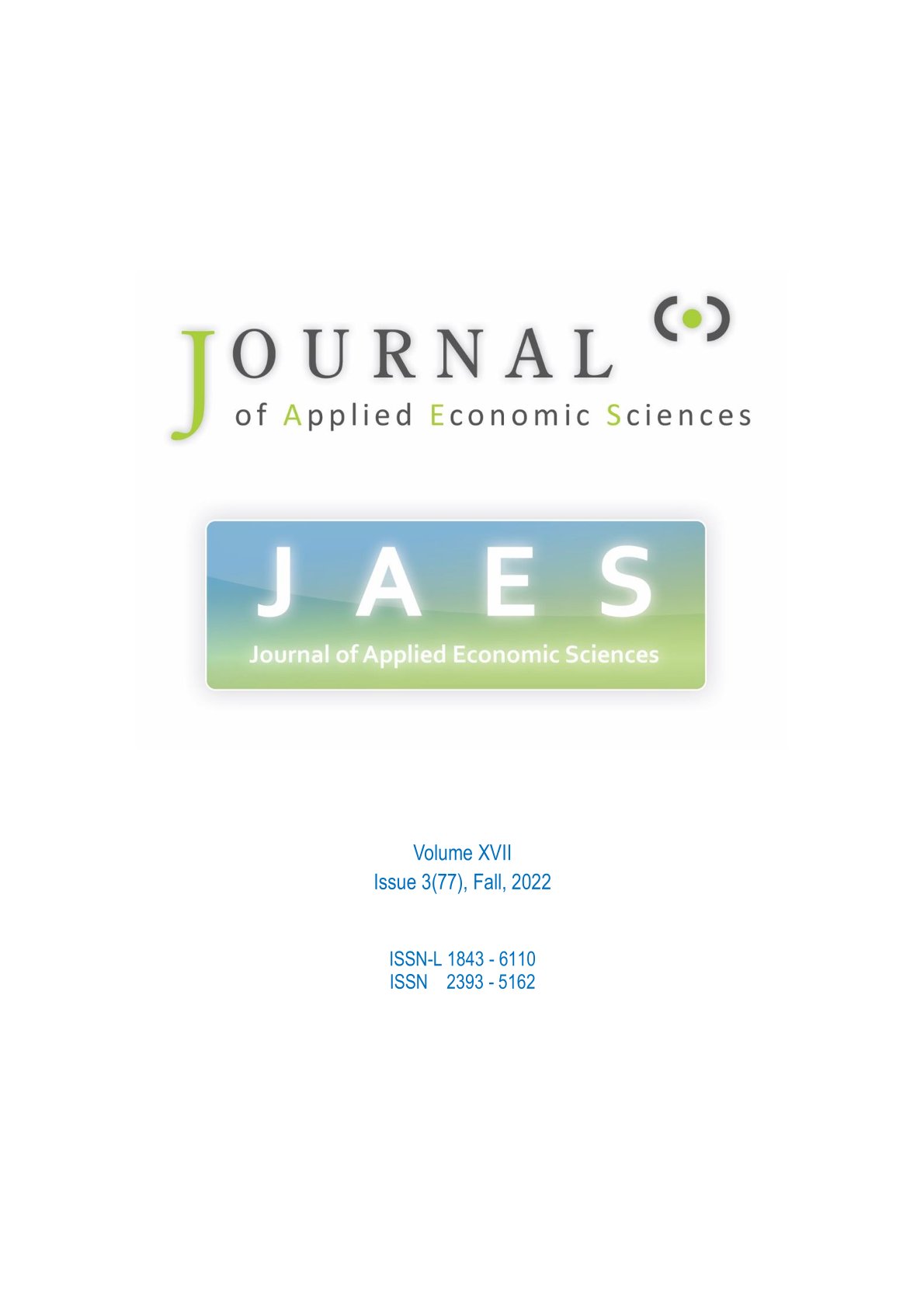Decision Choice under Pareto Optimal Criteria
Decision Choice under Pareto Optimal Criteria
Author(s): Sidharta ChatterjeeSubject(s): Economy, Business Economy / Management, Micro-Economics, Welfare services
Published by: ASERS Publishing
Keywords: choice; decision making; social choice theory; social welfare; taste-based theory of choice; welfare economic functions;
Summary/Abstract: According to the axiomatic foundations of social choice theory, not all decisions benefit everyone. Often, decisions that do not have any implied benefit for the decision maker are made in the (best) interests of others. When a decision is made concerning welfare of others, some individuals - including the decision maker, may be on the receiving end. For, it is impossible to make social decisions by taking into account individual preferences that satisfy all and everyone. This is because of a great variety in individual choices and preferences ubiquitous among different individuals. Tastes vary among different people—so does individual preferences, and that is natural. Conflict of interests arises due to subtle variances in individual preferences. In this paper, we discuss about the decision choice that seldom works for every conceivable set of individual preferences. Following Arrovian precepts, it is impossible to satisfy all, for there remains a great diversity in individual preferences that result in the problem of choice. Hence, in this research, we develop a taste-based theory of social choice that attempts to address the problem of choice by helping individuals choose the best and the most effective and optimal option among a given set of alternatives that’s assumed to be rational.
Journal: Journal of Applied Economic Sciences (JAES)
- Issue Year: XVII/2022
- Issue No: 77
- Page Range: 210-219
- Page Count: 10
- Language: English

